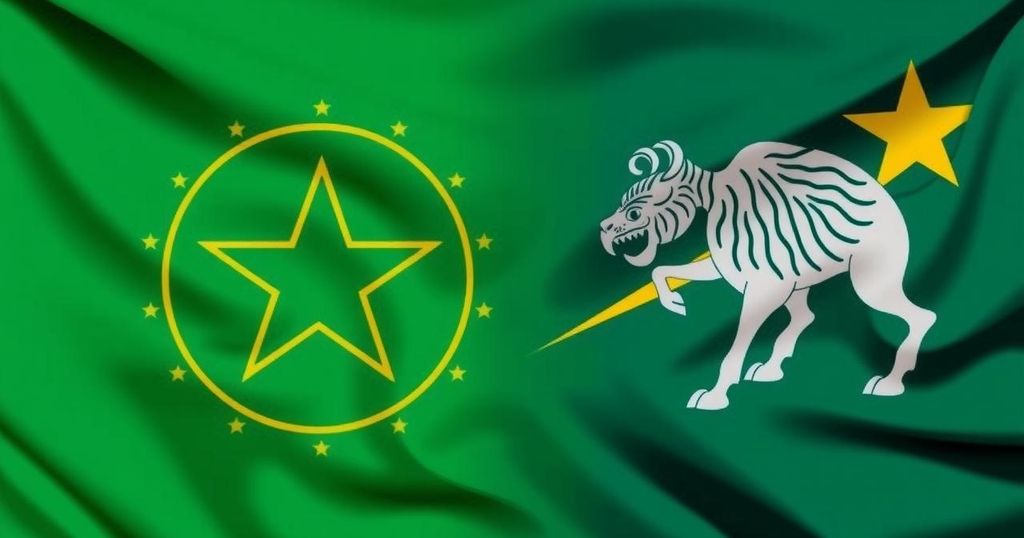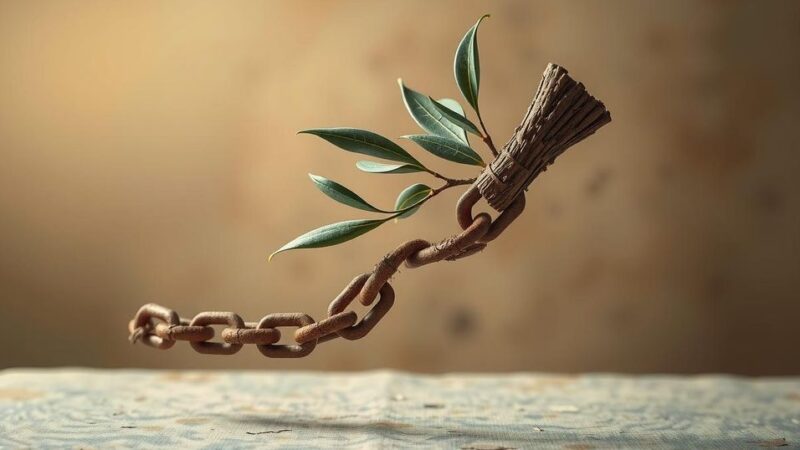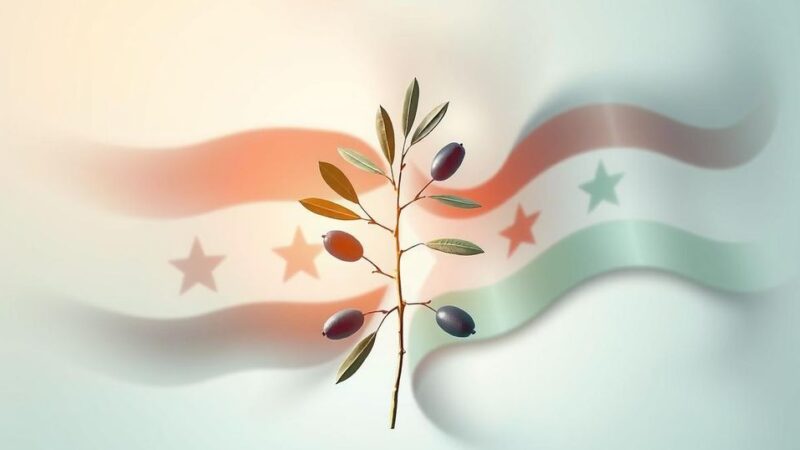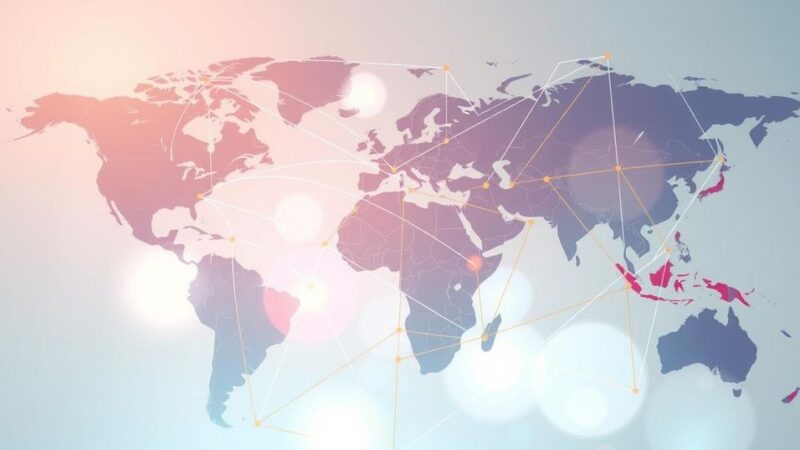Somaliland’s opposition party, Waddani, supports Ethiopia as a genuine partner and endorses the recent MoU with calls for transparency regarding its details. The party member, Mohamed Abdullahi Omar, emphasizes the historical collaboration and the necessity for Somaliland to maintain its independence through valid international agreements, while criticizing Somalia’s government for prioritizing internal issues over its objections to the agreement.
The opposition party in Somaliland has expressed support for Ethiopia’s ongoing relationship with the breakaway region, highlighting their historical collaboration for mutual advantage amidst the complexities facing the Horn of Africa. Mohamed Abdullahi Omar, a prominent member of the Waddani party, stated in an interview that their party views Ethiopia as a genuine partner and endorses the agreements formed between the two. He emphasized the necessity for transparency regarding the Memorandum of Understanding (MoU) recently signed, critiquing the administration of President Musa Bihi Abdi for not disclosing the agreement’s specifics to the public and Parliament, of which the opposition holds a majority. “Unfortunately, the current Somaliland administration has not shared the details of the MoU with the opposition nor the parliament, yet we are the majority in the parliament,” Omar indicated. He asserted that once the relevant information is made available, the opposition would evaluate it based on Somaliland’s long-term interests and the tenets of good neighborly relations. Omar further stated, “Our party is confident that Ethiopia is genuine in its relationship with Somaliland, and we look forward to further cooperation in many areas, including trade, security, and energy.” He articulated that Somaliland retains the prerogative to forge agreements with other nations, citing prior accords made with countries like the United Arab Emirates. Furthermore, he noted the potential benefits of allowing Ethiopia to utilize the port of Berbera, countering Somalia’s objections by urging the Somali government to prioritize internal issues such as combatting Al-Shabaab. Omar remarked, “Somalia has got a lot to focus on now including its internal problems such as lawlessness and eliminating terrorist groups that are causing chaos and mayhem.” He affirmed Ethiopia’s legitimate interest in gaining access to the port, characterizing Berbera as designed to operate as a regional commercial hub. He expressed optimism for the expansion of ties between Somaliland and Ethiopia going forward. Somalia’s government, in contrast, has accused Ethiopia of harboring annexation ambitions following the agreement, which reportedly includes provisions for Ethiopia to access 20 kilometers of the Red Sea. Mogadishu is insisting that Ethiopia must retract the agreement before any bilateral negotiations can commence.
The political dynamics in the Horn of Africa are particularly sensitive, as regions like Somaliland seek to establish resilient international partnerships amidst a backdrop of instability punctuated by Somali federal government disputes. Somaliland, having declared independence from Somalia in 1991, continues to develop its own governance while seeking recognition and enhancing economic prospects. Ethiopia, a vital player in the region owing to its strategic location and military capabilities, has established significant cooperative relations with Somaliland, particularly concerning trade and security prospects. However, this collaboration has stirred tension with the Somali federal government, which views such agreements as potentially undermining its territorial integrity.
In summary, the Waddani party’s endorsement of Ethiopia’s partnership with Somaliland underscores a broader strategy of mutual benefit and regional stability. While the lack of transparency surrounding the MoU poses concerns for opposition members, there is a clear inclination towards further collaboration on various fronts. The contrasting views on this issue reflect the complexity of relationships within the Horn of Africa, particularly with regard to Somalia’s apprehensions over potential territorial encroachments by Ethiopia. As discussions continue, the future of Somaliland and its diplomatic engagements remains crucial in shaping regional policies.
Original Source: www.garoweonline.com






